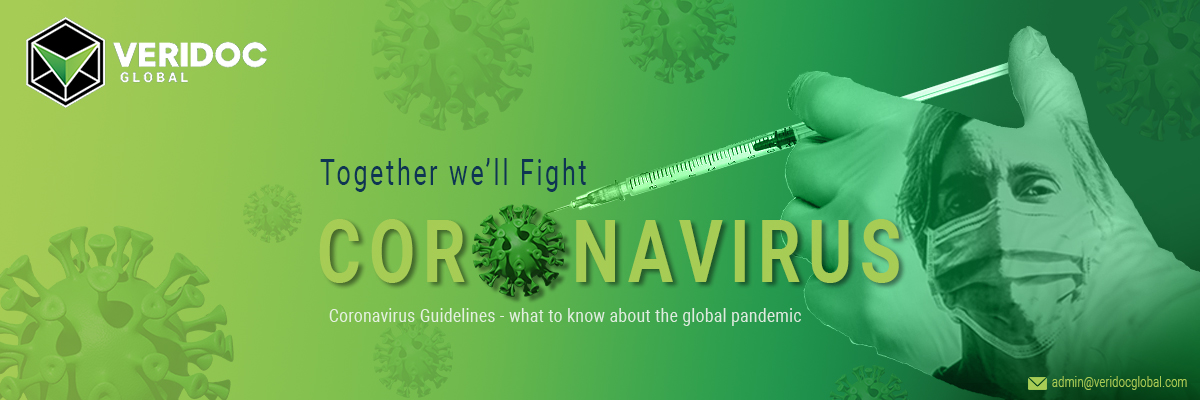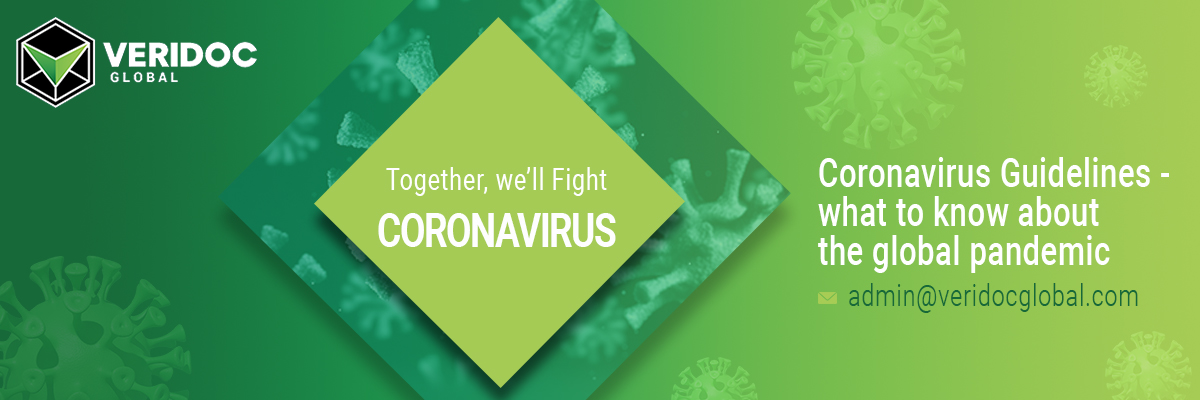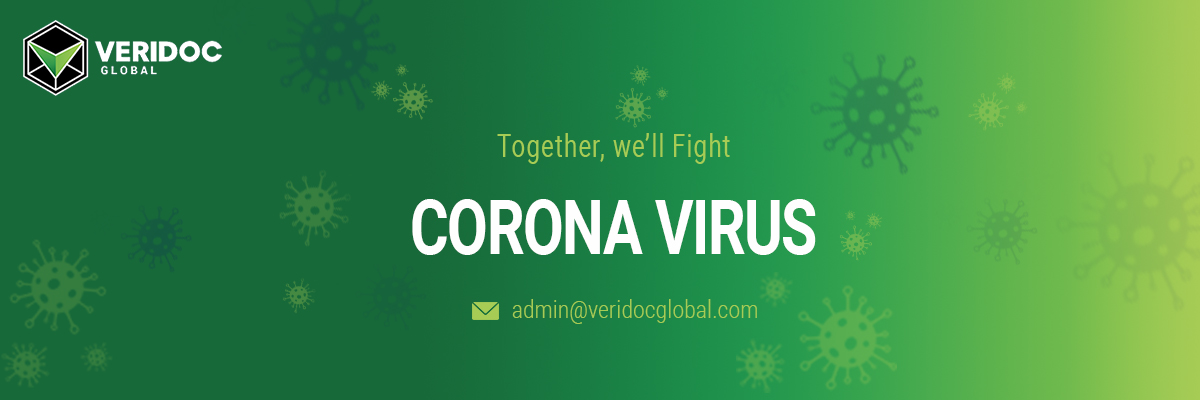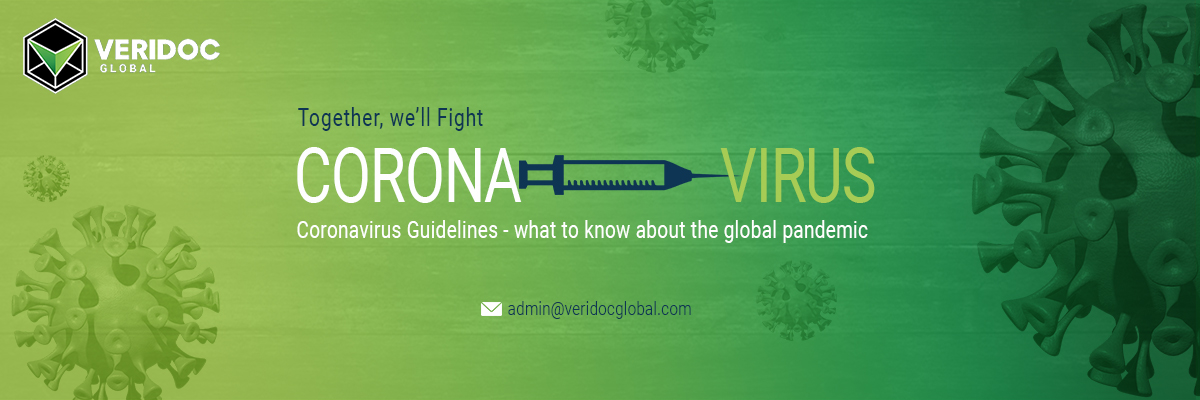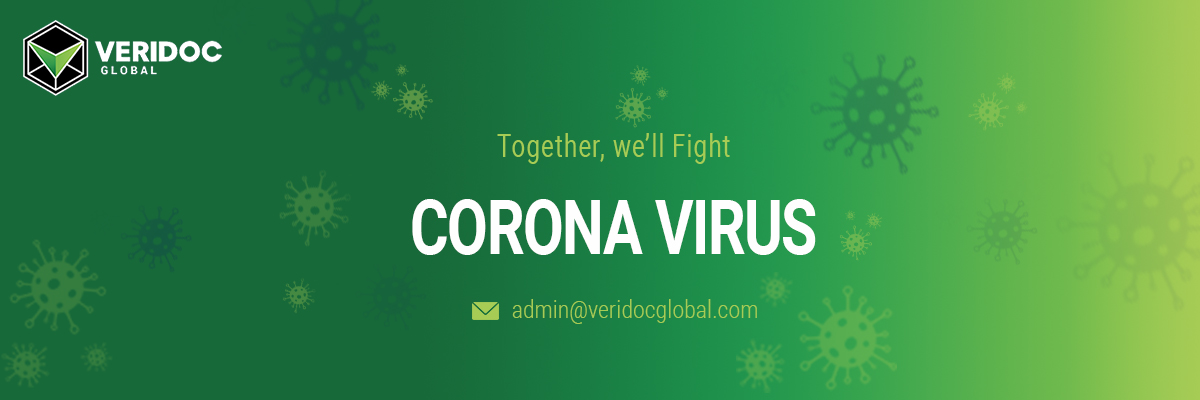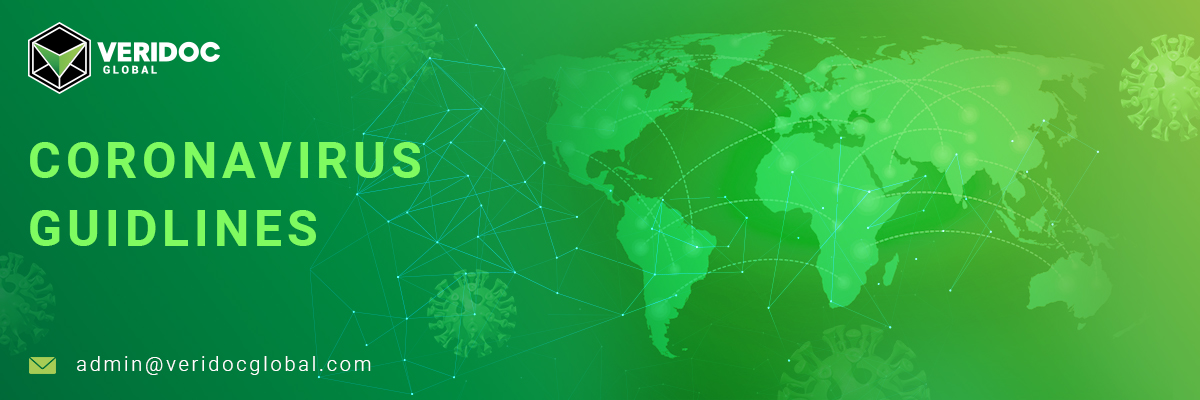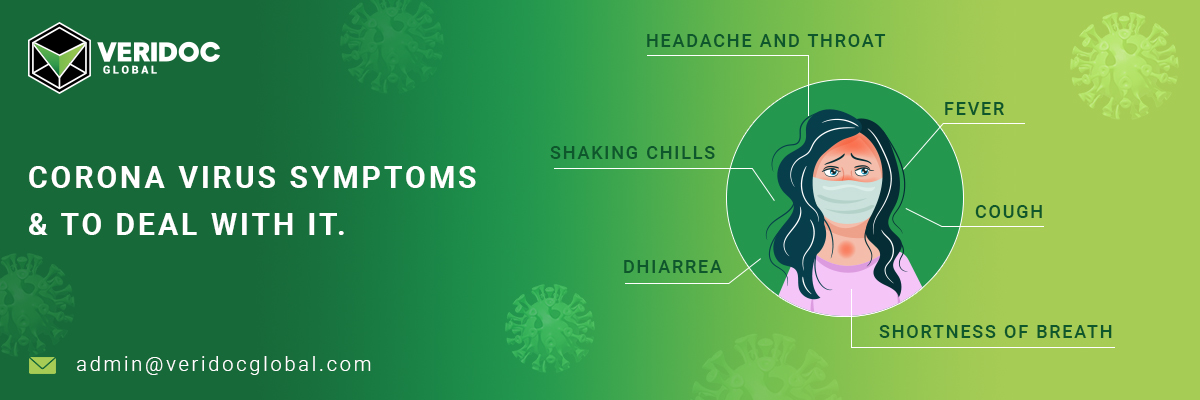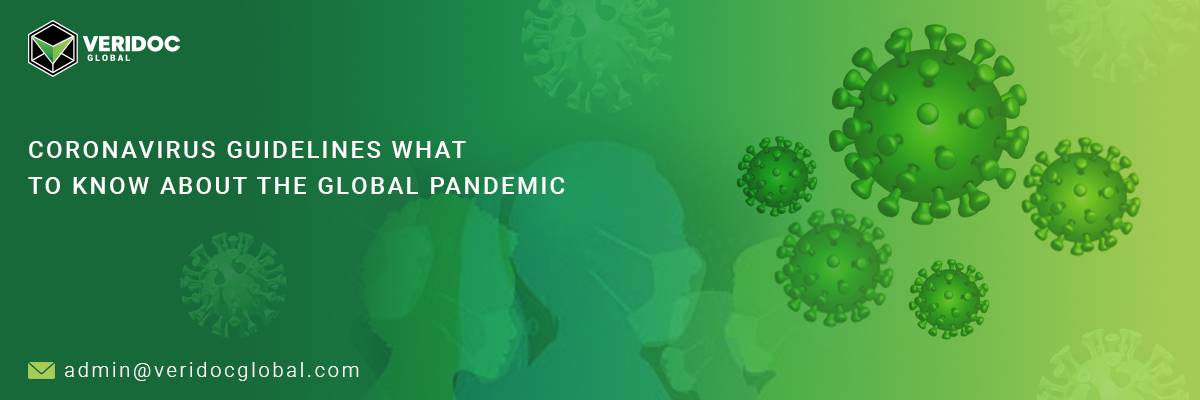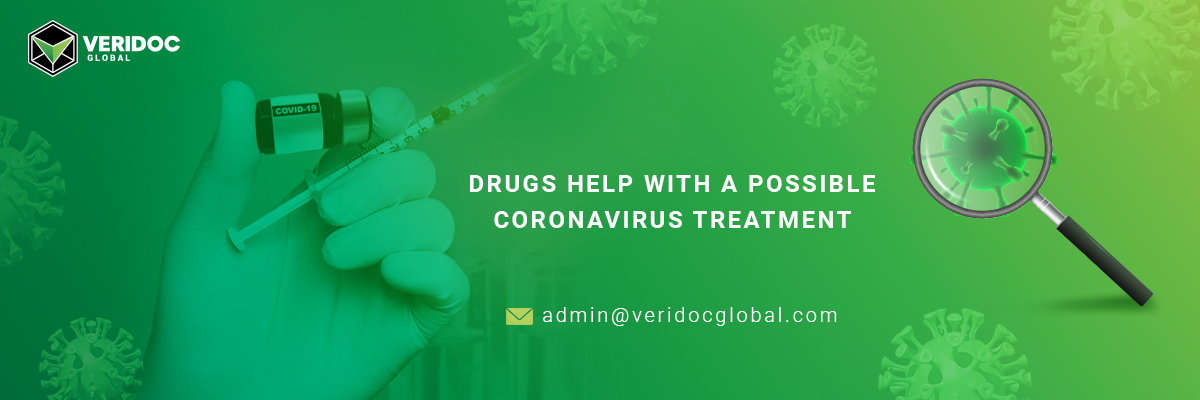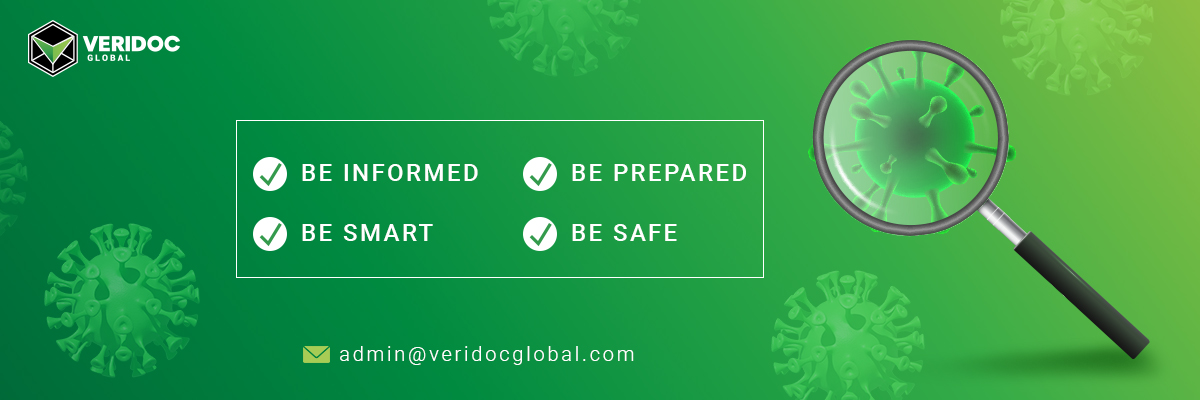The current outbreak of the new 2019 Novel Coronavirus (2019 n-CoV) has taken hold of several major countries around the world. With China, its country of origin, South Korea, Italy, and Iran are some of the most severely affected countries. In the wake of all this, a range of health professionals has provided reports to keep the public updated and ready.
There is a considerable amount of Coronavirus material circulating around, so it is up to citizens to learn and take care to protect themselves from catching the virus and showing coronavirus symptoms.
In this post, we're going to take a deep dive at everything you need to learn about COVID-19, starting from the effects, how it's spread, to what some might do, and don't avoid.
How will you know if you are infected with Coronavirus?
019 n-CoV is a broad family of coronaviruses that cause diseases ranging from mild colds to more serious diseases such as Middle East Respiratory Syndrome (MERS-CoV) and Severe Acute Respiratory Syndrome (SARS-CoV). Perhaps the worse part about the current infection is that it has no apparent effects right away.
Mild coronavirus symptoms — such as coughing, sneezing, nausea, and trouble breathing — are some of the signs of infection. And, in some instances, there might be no signs at all. The infected person may be a carrier of the virus, without being contaminated by themselves, and can infect many others in the process. Additionally, severe cases such as pneumonia, extreme acute respiratory syndrome, renal failure, and even death can occur.
And if you're struggling with cough and cold in this heat, the best way to learn whether or not you're diagnosed with Coronavirus is to contact a health care provider. To date, there is no regular, clear check for 2019 n-Cov.
However, the virus can be identified by conducting a sequence of checks.
How is the COVID-19 transmitted?
Researchers have yet to discover the exact dynamics of the transmission of the virus. However, there are a few networks by which this occurs.
- Droplets created by coughing or sneezing by an infected human
- Consumption of pathogens containing agricultural materials
- Infected livestock
- Via public areas, particularly during public transport, seminars, seminars, etc.
Do's to Save You From 2019 N-CoV
Here are a few ideas to defend yourself from the pandemic:
Maintain Hygiene. Clean your face properly with water and soap. Carefully clean through your palms and across your hands. Using hand soap, sanitizer, and alcohol sterilizers to scrub your palms and should not touch your nose or mouth otherwise.
Social Distancing. Avoid close physical interaction with sick persons, particularly those with fever, cold, cough, or respiratory problems.
Cover your Mouth. Hold your ears closed with goggles, fabric, or tissue papers while you're near someone who's hacking or sneezing. Sometimes, if you're injured, wear surgical masks. If you decide to sterilize a mask or sheet, steam it.
Heat your food thoroughly. The infection may be spread through the ingestion of contaminated livestock goods. The virus can't live at extreme temperatures. You will heat the food correctly until you drink it.
Seek medical care. Often provide early medical attention from the health care profession, including in instances with regular, minor symptoms such as coughing, sneezing, fever, or trouble breathing. Self-preventive care is helpful in these cases.
Prevention is better than cure, as always. And bearing in mind the tips above will do the trick to shield you and your neighbors from coronavirus symptoms.
Keep safe, and take care of yourself!
